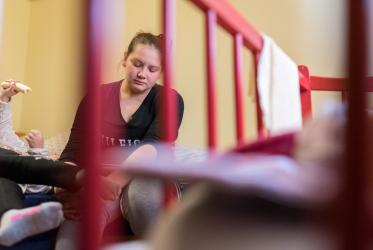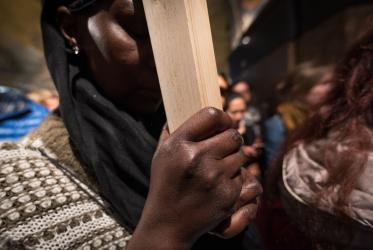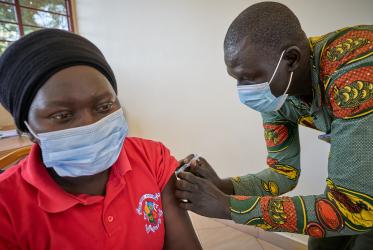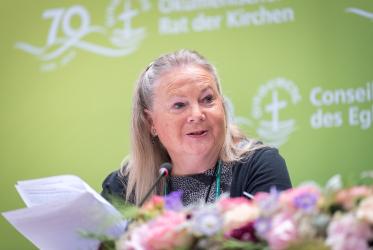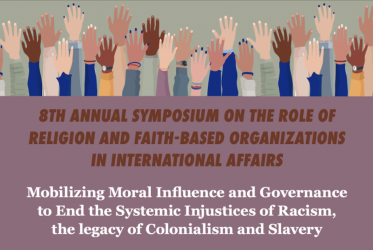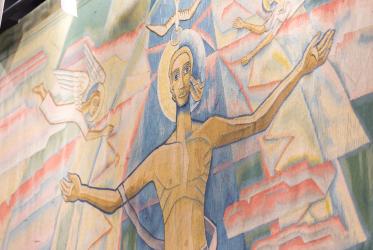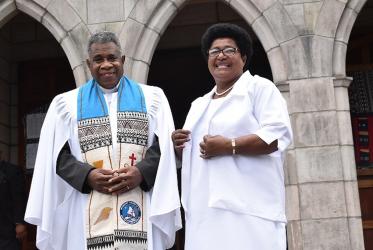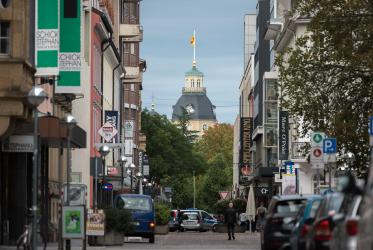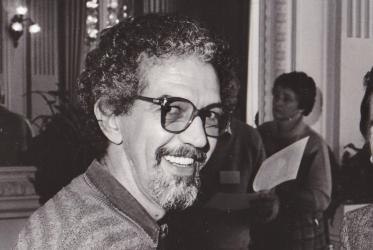Displaying 81 - 100 of 683
How do churches address racism, really?
15 February 2022
Thursdays in Black Valentine’s Day message: Love heals, not hurts
14 February 2022
Prayer life of Bishop Mary Ann Swenson has deep roots
31 January 2022
11th Assembly Bible study - Pentecost
22 December 2021
11th Assembly Bible study - Ascension
21 December 2021
WCC executive committee lights the way for WCC 11th Assembly
26 November 2021

